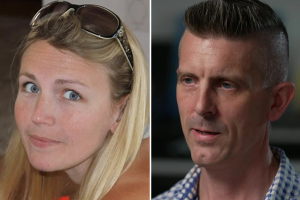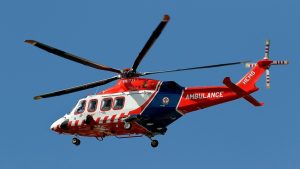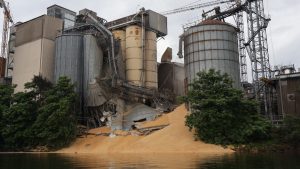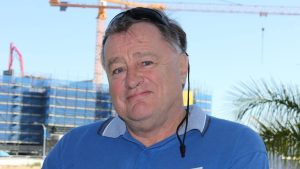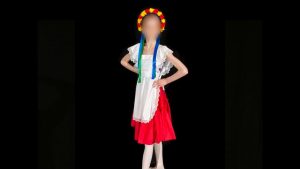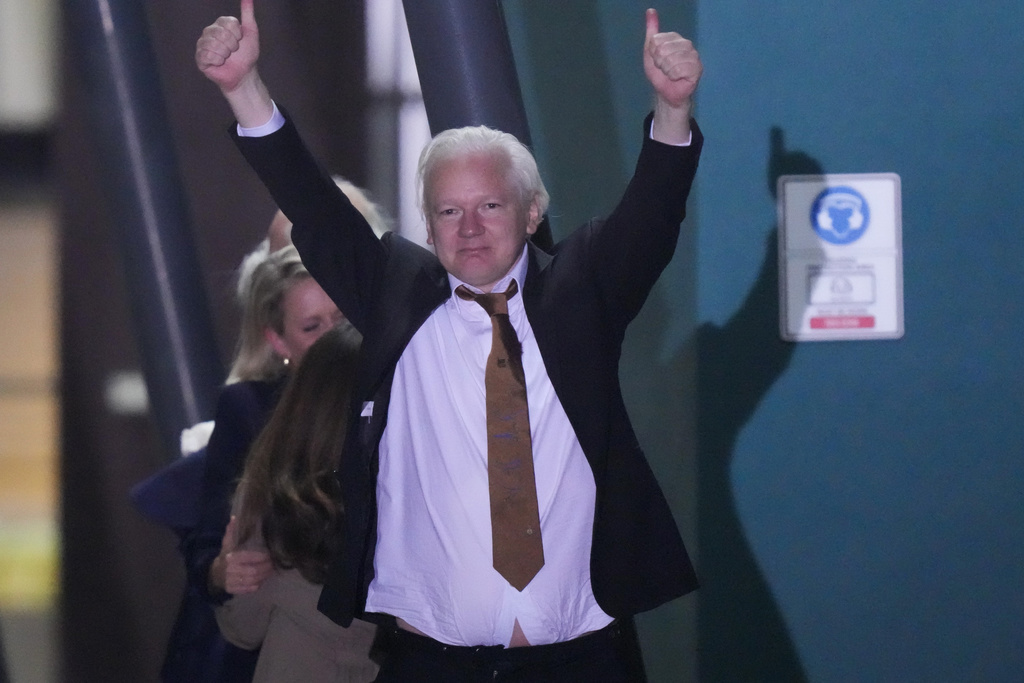
Julian Assange will need time to recover before speaking publicly, his team has declared, following his long awaited return to Australia.
In a late-night press conference at a Canberra hotel, his wife, Stella Assange, and lawyers expressed their delight the 52-year-old was home but warned his prosecution and eventual guilty plea for publishing a trove of classified documents set a “dangerous precedent”.
They repeatedly thanked Australian citizens and officials for supporting and working to free him and confirmed the WikiLeaks founder had personally told Anthony Albanese the prime minister had saved his life.
AS IT HAPPENED: Julian Assange’s wife and lawyers address the media after he arrives home
“I don’t think that’s an exaggeration,” human rights lawyer Jennifer Robinson said tonight.
After more than 12 years confined in the Ecuadorian embassy and Belmarsh Prison in London, Assange’s journey home was still a long one.
He left England on Monday evening (early yesterday AEST) and didn’t touch Australian soil until after 7.30pm tonight.
Assange raised his right fist as he emerged from the plane at RAAF air base Fairbairn in Canberra and his supporters cheered from a distance.
He embraced his wife and his father, John Shipton, who were waiting on the tarmac.
Mrs Assange said she was “overcome by emotion” in that moment and that her husband would need time to recover before speaking publicly.
READ MORE: From Wikileaks to plea deal: Julian Assange’s legal saga timeline
She said her husband’s freedom wouldn’t be possible without broad support from Australians and across the political spectrum.
“It took millions of people,” she said, to raucous applause.
“It took people working behind the scenes, people protesting on the streets for days and weeks and months and years, and we achieved it.”
Watching on a live stream, an emotional Gabriel Shipton raised his fist as his brother made his way on to the tarmac.
“Welcome home Julian, welcome home,” he said, before pausing for a moment to wipe a tear from his eye.
“I remember being in the court four years ago and watching from the gallery,” he said.
“Julian was behind these glass panels and he raised his fist to me.
“It’s a message that we’ve shared throughout this campaign.”
READ MORE: Why after a 12-year-long chase, the US is letting Assange walk
As the sun rose over the Pacific Ocean earlier, Assange took a necessary detour through the tiny American territory of Saipan in the Northern Mariana Islands to plead guilty to a single felony charge under the Espionage Act, the price for his freedom.
“There are absolutely no restrictions on Julian. The case against him is over,” his US co-counsel Barry Pollock said.
“There is no gag order. There are no other restrictions.”
While welcoming the deal and the countless hours of diplomatic work put in to achieve it, Assange’s lawyers remained fiercely critical of the US government’s decision to pursue him under the Espionage Act.
Assange’s supporters say publishing the documents was an act of journalism, an assertion fiercely disputed by US authorities and other detractors.
Prosecutors had accused Assange of damaging national security by publishing documents that harmed the US and its allies and aided its adversaries.
The case was lambasted by press advocates and Assange supporters but prosecutors argued they were targeting conduct that went way beyond that of a journalist gathering information, amounting to an attempt to solicit, steal and indiscriminately publish classified government documents.
Pollock claimed the US admitted in court there was “not a single person anywhere that they can produce that was actually harmed by these publications”.
“In order to win his freedom, Julian pleaded guilty to conspiracy to commit espionage for publishing evidence of US war crimes, human rights abuse and US wrongdoing around the world,” Robinson said.
“This is journalism. This is the criminalisation of journalism.
“And while the plea deal does not set a judicial precedent – it’s not a court decision – the prosecution itself sets a precedent that can be used against the rest of the media.”
Beyond recovery, it’s unclear what’s next for Assange, who was welcomed home in a personal phone call by Albanese.
“You saved my life,” Assange told him.
Mrs Assange said it was too early to consider her husband’s return to WikiLeaks and urged the press to fight for him to be pardoned.
“The fact is that Julian will always defend victims. He’s always done that,” she said.
“And that’s just part of who he is. He is deeply principled and he remains deeply principled and unafraid.”
links to content on ABC
9News
